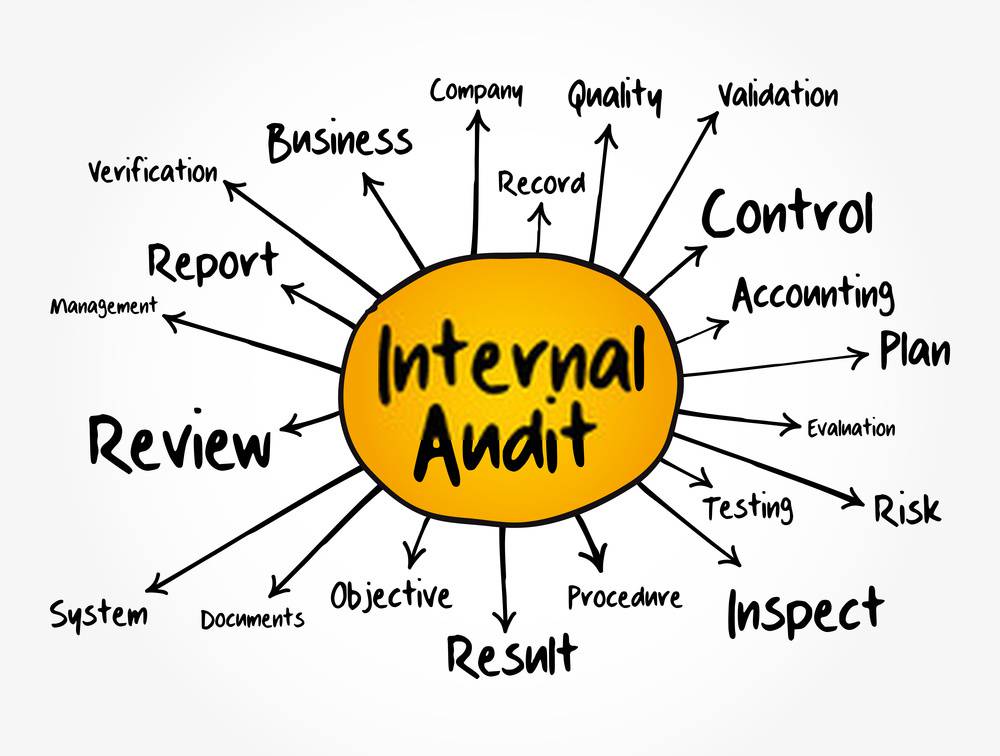Internal auditing is an unbiased, impartial assurance and consultation process intended to enhance an organization's performance. By applying a structured, methodical approach to assessing and enhancing the efficacy of risk management, control, and governance procedures, it aids a company in achieving its goals. Here are several ways internal audit might help a company:
Internal audit can assist in identifying and evaluating the risks facing the business as well as the efficacy of the controls in place to manage those risks. Internal audit can aid the company in better understanding and reducing its risks in this way, enhancing the operation's general effectiveness and efficiency.
Increasing control and governance:
The effectiveness of the organization's governance and control systems can be confirmed through internal audit. This entails assessing the organization's adherence to laws, rules, and ethical standards as well as the effectiveness of its policies, processes, and internal controls.
Presenting a neutral viewpoint:
Internal audit can offer an unbiased viewpoint on the company's procedures and activities, which can be helpful in finding areas for development and ensuring that the company is accomplishing its goals.
Identifying areas for development:
Internal audit can assist in discovering areas where the firm can improve, such as by streamlining procedures, boosting productivity, and cutting expenses.
Increasing shareholder confidence:
Internal audit can contribute to the development of trust among stakeholders, such as shareholders, regulators, and customers, by offering an unbiased assessment of the business' operations and procedures.
Evaluating and strengthening risk management procedures:
Internal audit can assist in identifying and evaluating the risks facing the business as well as the efficacy of the controls in place to manage those risks. Internal audit can aid the company in better understanding and reducing its risks in this way, enhancing the operation's general effectiveness and efficiency.
Increasing control and governance:
The effectiveness of the organization's governance and control systems can be confirmed through internal audit. This entails assessing the organization's adherence to laws, rules, and ethical standards as well as the effectiveness of its policies, processes, and internal controls.
Presenting a neutral viewpoint:
Internal audit can offer an unbiased viewpoint on the company's procedures and activities, which can be helpful in finding areas for development and ensuring that the company is accomplishing its goals.
Identifying areas for development:
Internal audit can assist in discovering areas where the firm can improve, such as by streamlining procedures, boosting productivity, and cutting expenses.
Increasing shareholder confidence:
Internal audit can contribute to the development of trust among stakeholders, such as shareholders, regulators, and customers, by offering an unbiased assessment of the business' operations and procedures.
In general, internal audit is essential to helping firms meet their goals and enhance their operations. Internal audit can assist firms in reducing risks, enhancing governance and control, and gaining the trust of stakeholders by offering an unbiased viewpoint and pointing out areas for improvement.


No comments:
Post a Comment